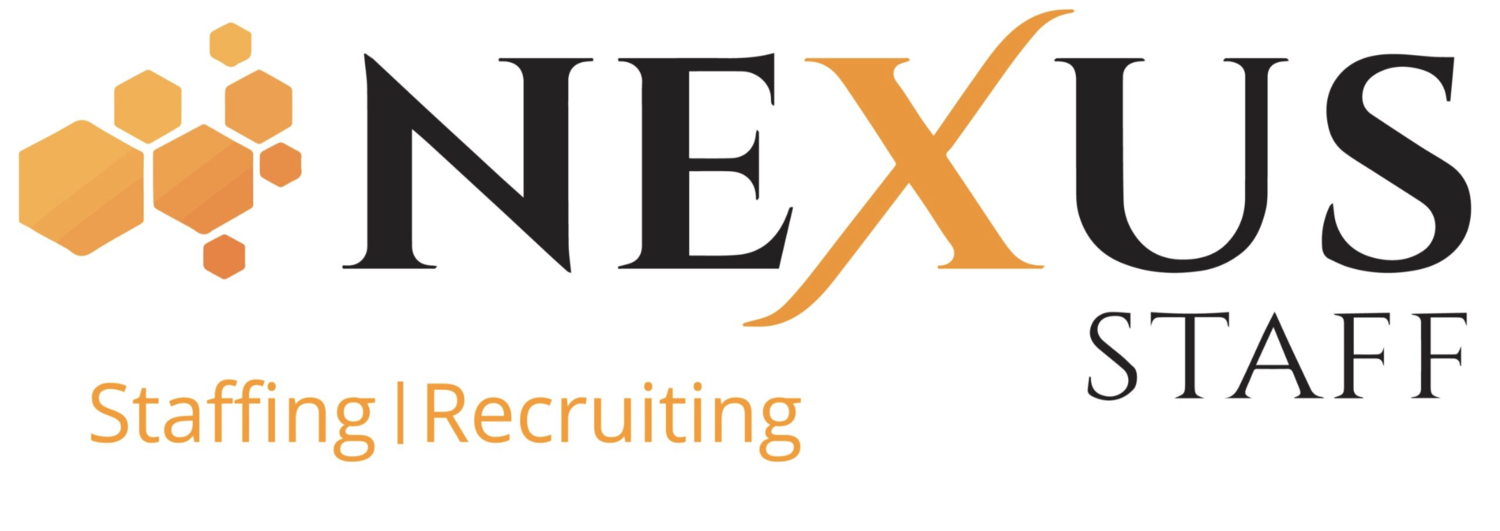Ten Common Interview Questions And How To Answer Them
Each interview is different, which means in order to prepare for any interview, you should always expect to answer specific questions based on the role or the company you are applying to. However, there are a handful of interview questions that are common for interviewers to ask in order to learn more about you, your interest in the role, and your goals. This is especially true for first-round interviews or in the beginning of an interview with a new person you have not spoken to before.
Below are ten common questions you will likely encounter throughout the interview process. While this isn’t an exhaustive list of every question you will be asked in your next interview, it can be a great starting point to help guide your research and prepare your talking points.
Tell me about yourself
Interviewers will typically start an interview off with some variation of “tell me about yourself.” It’s not a trick question, the interviewer truly wants to learn more about you – your past experiences, interests, and skills. However, what they don’t want to hear is a readthrough of your resume. Instead, to answer this question, have a go-to elevator pitch that you’re prepared to give. You don’t want to necessarily memorize this speech so that it sounds rehearsed, but have a few talking points ready to go in order to confidently answer the question.
What do you know about the company?
Interviewers will question your knowledge of the company in order to understand the amount of effort you have put into preparing for your interview. This can tell the interviewer more about your work ethic and can help them decide whether or not you would put that same level of care into the position. It is also your opportunity to share what you have learned about the company through the prior research that you did. This can show your genuine interest in the company and emphasize how you would fit into the role. In order to answer this question, be prepared to give a basic rundown of the organization – a general description of what they do, their mission, and what you are excited to learn more about. Focus on the positive aspects of the company and be sure to highlight how what they do fits with your career goals.
Why do you want to work here?
When interviewers ask “why do you want to work here?” they’re really looking for more information on what drew you to the job posting and why you decided to apply. This question is also another opportunity for the interviewer to get a better understanding of the time and effort you put into researching the company and see how you went about preparing for the interview. This is an opportunity for you to show why you are truly interested in the company and proves you're not just looking for any job but that you are genuinely interested in this position. The best way to answer this question is to be honest with yourself and the interviewer. What really caught your eye about the job description and inspired you to apply? Use the knowledge you have gathered from the job description and your research along with what you are looking for in a position and company.
Why should we hire you?
By answering the question “why should we hire you?” you are able to show the interviewer what it is that makes you stand out from the rest of the potential candidates. You also have the opportunity to explain some of your greatest skills or abilities before you are directly asked. Therefore, in answering this question, think about what really makes you unique. What skills do you possess that you believe could benefit the company? Have you had any unique experiences that other people in your field have not? Use these questions to form your answer and remember to focus on what you have that makes you a unique candidate.
What is your greatest strength?
Interviewers may be able to tell your greatest strengths through other interview questions or even from your resume. However, by directly asking this question, they’re able to see first-hand how you feel about your own work and abilities. They will be able to measure your confidence and gauge how self-aware you are. This means while answering this question, you want to be honest and pick an authentic skill you truly do possess while being humble in your answer. Read through the job description and choose one requirement where you feel you really excel. Use this option to tell a unique story that really shows this strength in action.
What is your greatest weakness?
Interviewers will often ask what your greatest weakness is in order to determine whether or not it will prohibit you from performing the tasks needed for the job. This means in order to answer this question, you’ll want to think of a skill that isn’t necessarily required for a person in this position to possess but it is still an authentic weakness you have noticed in yourself. This will allow you to speak truthfully about your experiences and maybe even give specific examples without disqualifying you from the job. After you’ve decided what your unrelated weakness is, be sure to end this answer on a positive note. Explain how despite your weakness, you have made progress toward strengthening this skill and give examples of how you plan to continue working toward your goal.
Where do you see yourself in 5 years?
The truth is, nobody knows where they will be five years from now. When interviewers ask this question, they are looking to learn more about your career-oriented goals and whether or not you have a plan for how this role will help you get one step closer to those goals. Again, while you may not have an exact answer as to what position you will be in, try your best to explain what you hope to accomplish in this time or what type of role you would like to be in. For example, explain how you would like to see yourself in a management position or an opportunity that will allow you to mentor others. This can show you are interested in growing in a position and determined to explore any positive opportunity that comes your way. It can also be helpful to break down the question into smaller time periods rather than the whole five years at once. For example, explain where you would like to be within the next 1-2 years and expand on that answer to continue describing your anticipated success in the following years.
How would your coworkers describe you?
Hearing how others would describe you can show your interviewer how you work on a team and the dynamic you share with team members. It also gives you an opportunity to focus on your strengths, but this time from the perspective of another person. For this question, try to think of specific instances that explain your work ethic or dedication to your position. Use these examples to form your answer and explain how you would hope your coworkers would describe you during these times.
Why are you leaving your current position?
If you are currently employed but seeking a different position, interviewers will often ask for more information on this to understand why you are leaving. Whatever your reason for moving on to a new position is, remember to keep your answer positive. Never speak poorly about coworkers or managers, past responsibilities, or companies. In the event that you are leaving your job because of a negative experience, try to focus more on what you are looking forward to in a new role, rather than what went wrong in the prior one.
Do you have any questions for me?
At the end of your interview, the person you are speaking with is likely going to ask if you have any questions for them. Asking questions of your own at the end of the interview is a great way to show your continued interest in the role and show the interviewer you are eager to learn more. Try to circle back to a previously discussed point in order to show you were paying attention and are interested in learning more about a certain topic. However, in case you don’t notice any particular topics to follow up on, always prepare a list of questions you can ask. For specific examples, check out these posts: “The Seven Best Questions To Ask An Interviewer” and “Ten Of The Best Questions To Ask An Interviewer.”
Ready to answer these questions on your own? Contact Nexus today for a personalized hiring experience. Our team of experienced recruiters is here to help guide you at every step of the way.







